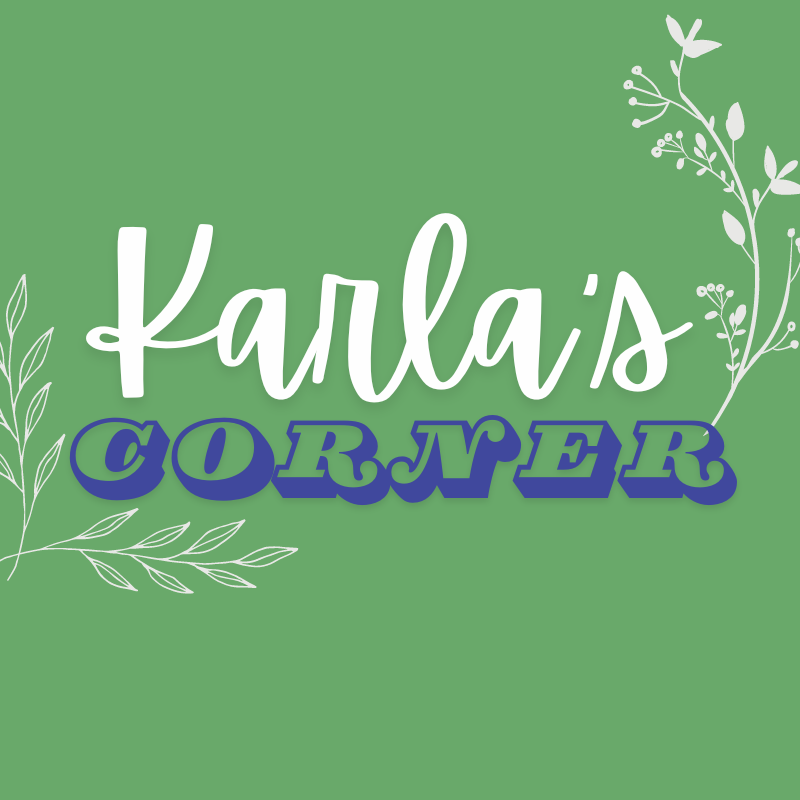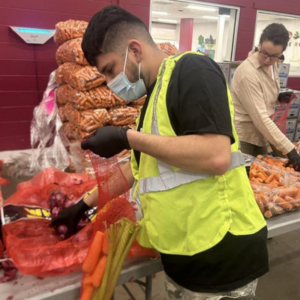
Mental health matters for everyone – for every background, culture, ethnicity, and ability. Every year millions of people in the U.S. are affected by mental illness. Even more so, the CDC reports adults with disabilities experience frequent mental distress almost 5 times as often as adults without disabilities.
With May being Mental Health Awareness Month, we had the opportunity to sit down with two experts in the field – Lynette Johnson, Laradon’s Director of Community Living Services, and Krista Richardson, a Registered Nurse at Laradon, – to chat specifically about the Intellectual and Developmental Disability (IDD) community and mental health. Both Johnson and Richardson have spent years dedicating their lives to those in the IDD community, including providing support and services for mental health.
We hope to continue the conversation about mental health, not just during Mental Health Awareness Month, but every single day. While there are infinite topics and takeaways surrounding IDD and mental health, we were able to pull out three major points from our conversation with Johnson and Richardson to help us kick off this discussion.
DISCLAIMER: The information in this post, including but not limited to, text, graphics, images and other materials are for informational purposes only. No material on this page is intended to be a substitute for professional medical advice, diagnosis, or treatment.
1. Co-Occurring Disabilities Exist
JOHNSON: “Co-occurring Disability means someone has a mental health diagnosis and intellectual disability diagnosis. That could mean someone with developmental disabilities is also depressed, or has anxiety, or has PTSD because of trauma.
One of the things we do is tear down the barriers and fear about our individuals. They are often misdiagnosed a lot of the times- and then they are put on medications that are inappropriate for them. There’s a presumption that just because they have a developmental disability that it is a behavioral issue, when it really is a part of their mental health issues too.
Before addressing anyone behaviorally, we rule out medical needs. Somebody may have a UTI and could be acting out, or they could have dental problems and could be in pain. We don’t jump to putting people on medications. We look at them as a whole person. We look at the medical health needs first and then look at the mental health and behavioral. It is a process.”
RICHARDSON: “There is a stigma that just because our individuals have intellectual or developmental disabilities that it is a behavioral issue. Having a mental illness and developmental disability diagnosis are two separate things- although often times they are co-occurring disabilities. There are so many stereotypes and assumptions that these individuals are automatically aggressive or crazy, which isn’t the case.”
2. Education Is Key

JOHNSON: “Educating on all sides- behavioral, medical and mental health— is so important. This education allows us to understand the whole person. Education, training and stories help the community observe what we do and to reduce fear and stereotyping of our individuals. What we focus on is person centered services that involve the individual to determine services and supports they need to live and work in the community.
We provide training to staff, and providers on a variety of subjects. Mental health, medical needs and behavioral interventions are just a part of the many trainings we provide.”
3. Accept, Don't Reject
RICHARDSON: “Some of the public attitude with mental health is more rejecting than accepting. Which can be frustrating to me. I want to change that. Sometimes stigmas come from a lack of understanding or fear or misleading info. The more we talk about it openly and share stories with each other regarding mental health, the more it has a positive impact on others.”
JOHNSON: “The perception is a lot of the time that if someone is seeking mental health it means their weak and that they aren’t strong. But I see it the opposite way. It takes a lot of strength to seek assistance and to identify that there is an issue and how it is affecting people’s quality of life. “








